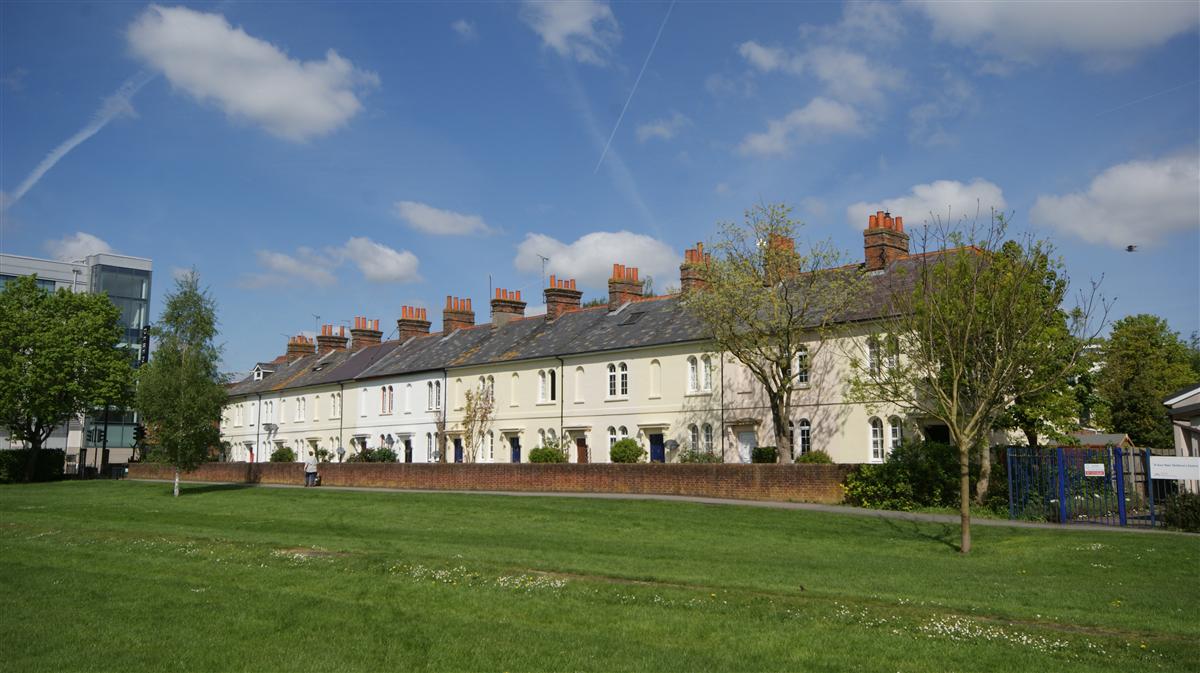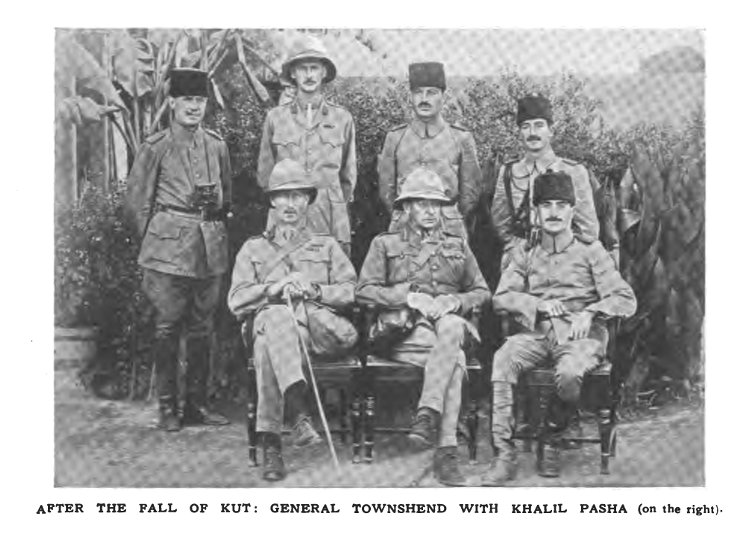William Hamilton Lake
Sergeant 32739 William Hamilton Lake, 63rd Battery, Royal Field Artillery
William was born in Bitterne, near Southampton, in 1882, the eldest child of William Frank Lake and his wife Alice Annie (née Hamilton). William senior was an engine driver from Southampton who married Alice, who came from Oxford, in London (West Ham) the year before William junior was born. At the time of the 1891 census the family was living in Monmouthshire but William senior was at sea off Beachy Head on a fishing boat called the Mercutis. At this stage of his career he was working as a fireman (stoker). By 1901 the family had come ashore, landing in Newbury where William senior was able to use the skill learnt at sea to drive an engine, not on a railway but a stationary engine, almost certainly a steam engine in a local factory or similar.
By 1898 they were living at Albert Villa in Albert Road, which would have been very convenient if he had worked in Elliott’s furniture and woodwork factory a few steps away, but there is no evidence to show exactly where he had found employment. By the time they reached Newbury there were already five children, all born in the Southampton area, two more daughters were born in Newbury, in total there were three boys: William Hamilton, George Henry and Frederick John; and four girls: Elizabeth Emma, Annie Amy, Ethel Kathleen and Louisa Wilhelmina.

Park Terrace: the Lakes lived at No 1, which was at the far end of the terrace in this picture, but was demolished in the 1930s when Park Way was created. |
By the time the family came to Newbury young William would have completed his schooling, but, by 1901, he was working as a barman. However, life in Newbury was not for William, he signed up with the Royal Field Artillery and found himself a long way from home when he was posted to India. In 1911 he was serving with the 7th Ammunition Column in Meerut, India.
When war was declared in 1914 many British regulars in India were recalled to England for deployment on the western front, but William’s unit (by this time he was with the 63rd Battery RFA) remained in India as part of the 6th (Poona) Division. As the Turkish (Ottoman) Empire had entered the war on the German side the British decided to send a force to Mesopotamia (modern day Iraq). After landing in Mesoptamia in November 1914 the British and India forces had some initial success as they pushed up the Tigris river with the aim of capturing Baghdad. However, the Battle of Ctesiphon on 22-23 November 1915 was a decisive victory for the Turks under the command of a German, Baron Colmar von der Goltz. General Townshend, commanding the 6th Division decided to fall back to Kut Al Amara while awaiting reinforcements. Kut was a small town nesting in a curve of the river in a good defensive position. A couple of weeks after the 6th Division arrived the Turks caught up with them and surrouned the town; the Siege of Kut had begun.

General Townshend poses with Ottoman general, Khalil Pasha after the fall of Kut (wikipedia) |

Baghdad (North Gate) Cemetery |
Several senior officers lost their jobs over their handling of this disaster including, ironically, a General Lake – one can only wonder if he was a distant relative of poor William, one of the men their commanders let down so badly.
William’s death was reported in the local paper:
Newbury Weekly News, 10 May 1917 p8 – Local War Notes
Sergt W H Lake, eldest son of Mr and Mrs W Lake, of 1, Park Terrace, whose death was reported last week, was an old-time serving man, having spent a considerable number of years in India. On the outbreak of war he was sent with his regiment, the India Expeditionary Force RFA, to the Mesopotamia fighting against the Turks, then with General Townshend’s forces at Kut-el-amara, where he was taken prisoner of war, and passed into the hands of the Turks. To the great grief of the aged parents, they had the official notice from the War Office that their son died a prisoner of war. Another son, Sapper F J Lake, is serving in the Royal Engineers.

William's name on Newbury War Memorial (bottom left) |
Locally William is remembered on Tablet 3 of the Newbury Town War Memorial, the memorial board and roll of honour in St Nicolas’ Church, Newbury.
His youngest brother, Frederick, mentioned in the report above was also to become a casualty of this war falling in France in 1918. He is also remembered on the same local memorials.
Unusually the two brothers’ names are not recorded together on the Newbury memorial (William is on Tablet 3, Frederick on 13); although the names were deliberately scattered randomly across the bronze tablets the names of brothers were generally kept together.

Find a memorial :
| Died this day: | |
| 02 March 1918 | |
| Gordon Burgess | |
| Newbury |

Like this site? Show your appreciation through a donation to a great charity.